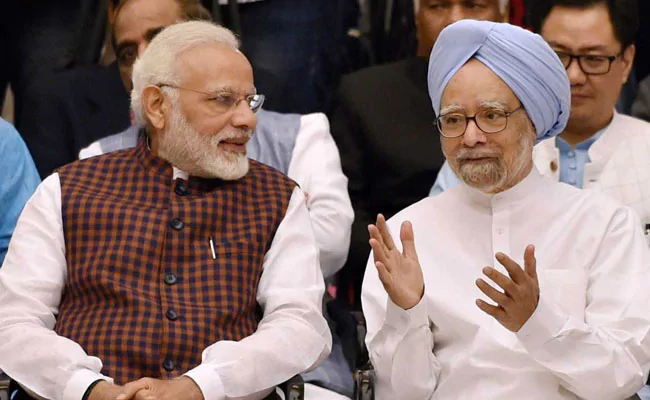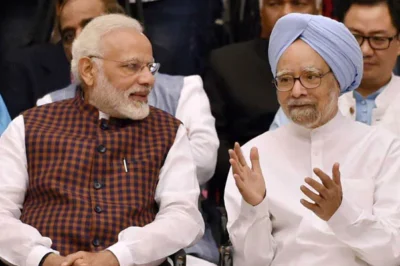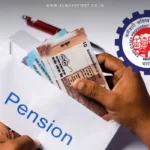
In the heated arena of Indian politics, the release of a ‘White Paper’ by the Modi government, critiquing the economic policies of the previous Congress-led UPA administration, has sparked a significant debate. But is this document an objective analysis of past economic performance or a strategic move in the political chess game? Sanjaya Baru, a key aide to former Prime Minister Manmohan Singh, suggests it’s the latter.
According to Baru, who served as media advisor and chief spokesperson for the Prime Minister’s Office (PMO) during Singh’s tenure, the UPA government was at the helm during a period of robust economic growth for India, with rates ranging from 8–9%. He highlights 2007 as a landmark year when India’s GDP growth peaked at 9%, positioning the country as the second fastest-growing major economy globally. Baru’s defense of the UPA’s economic record is a direct counter to the Modi government’s White Paper, which he dismisses as “pure politics.”
The White Paper’s critique encompasses what it describes as “policy misadventures” under the UPA, attributing to it a series of economic crises and mismanagement. However, Baru refutes these claims, pointing to a decade of economic reforms that spurred significant growth, a steep decline in poverty, and a surge in exports. His perspective is supported by his detailed account of the era in his memoir, “The Accidental Prime Minister,” which also touches upon the dynamics within the Singh administration and its relationship with Congress leadership.
The BJP’s decision to highlight the White Paper’s findings in its election campaign indicates the document’s role beyond mere economic analysis. It is poised as a major statement in the ongoing general election campaign, aiming to draw a stark contrast between the UPA’s and the Modi government’s economic stewardship.
In conclusion, the controversy surrounding the White Paper underscores the intricate interplay between economics and politics in India. While the BJP presents it as a necessary critique of the UPA’s economic policies, figures like Sanjaya Baru view it as a strategic maneuver designed to influence public opinion ahead of crucial elections. This debate highlights the challenges of disentangling objective economic assessment from political strategy, a task that voters must navigate as they assess the records of both administrations.









































Leave a Reply